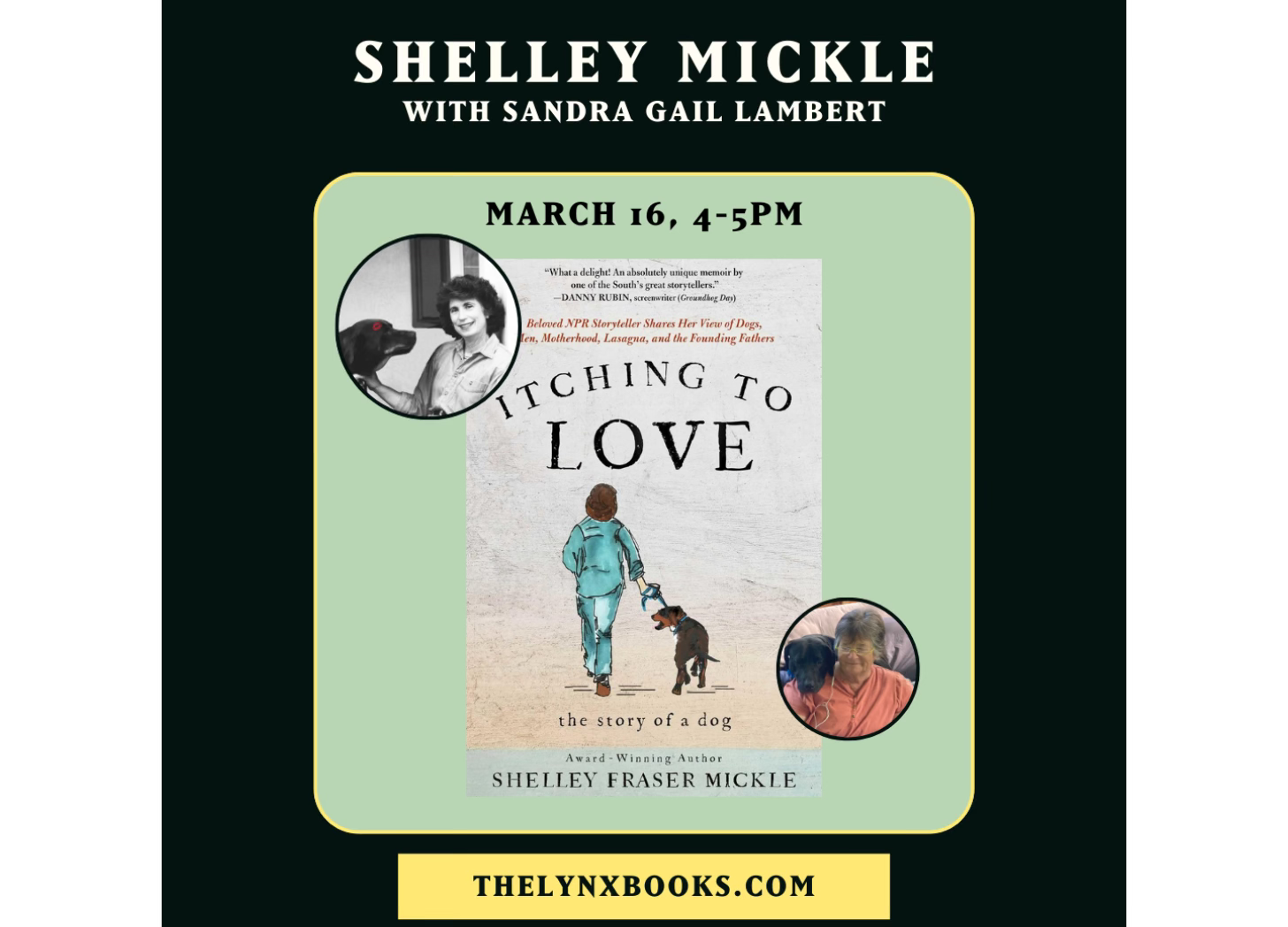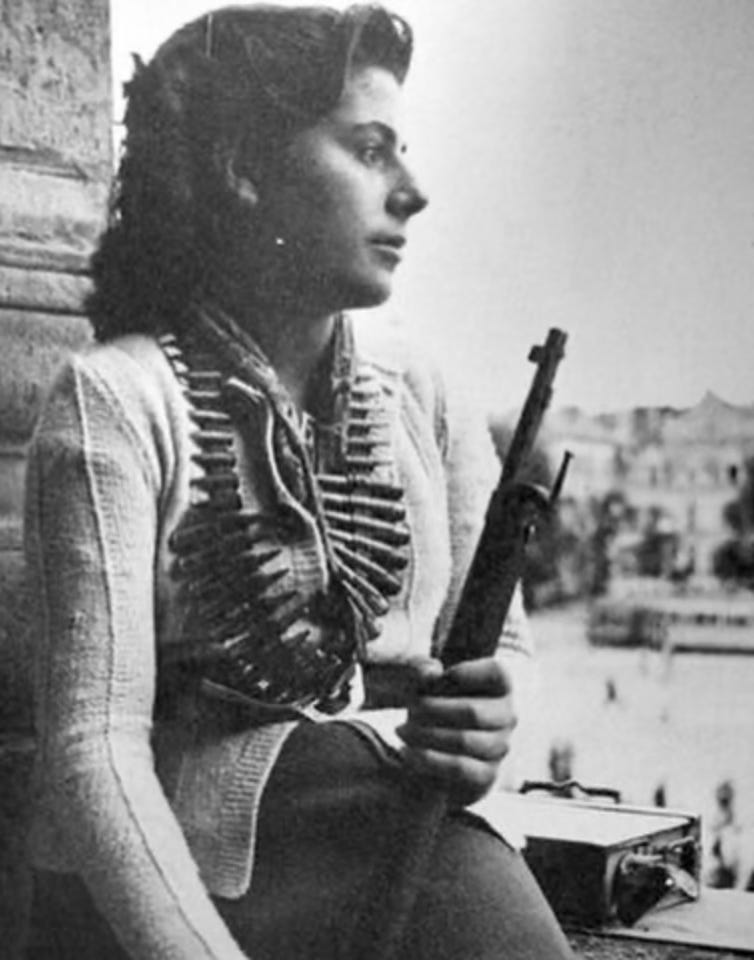Two weeks after the presidential inauguration, I started teaching an in-person creative nonfiction class. The last session is this Wednesday. Then on Sunday (3/16) I'm the "in conversation with" person for the launch of Itching to Love, a new memoir by Shelley Frasier Mickle at The Lynx.
Besides the part where our author photos get to include dogs, I'm so happy to be there with Shelley. I met her at an author event over twenty years ago that I attended as a too eager, annoying wannabe writer. She was kind. And welcoming. And generous with her time. She was already famous what with the lauded novels and the telling of insightful and funny stories on NPR and yet she made me feel like a writer.
I've never taught an ongoing class before. I've never had any training as a teacher. And mostly, post-inauguration, I just wanted to curl into a fetal position and watch funny animal videos. But I said yes when The Lynx asked me to teach as part of the fundraising for their banned books initiative. (I am getting paid as well.) How could I not. This was (and is) a time of flailing around looking for ways to resist and here was one being offered to me. Ursula Le Guin said, "Resistance and change often begin in art, and very often in our art: the art of words."
I asked friends, the ones who'd had long careers teaching writing, to help me. One gave me advice on handling students who were assholes. (This advice was welcome but turned out not to be needed.) One shared a syllabus. Another said she'd meet me for dinner after the first class to analyze, dissect, and celebrate. Another came to my house with a prepared list of questions, a sort of class on giving a class. One question was about my personal goals, not my goals for the class. Did I want to use this opportunity as a way to build a teaching business? Then I needed to be likeable. No, I didn't want this—the business part. But what did I want for myself? Mostly, I'd been worrying about what would be most helpful for the participants.
All around me the news was (and is) of both devastating and petty cruelties on an overwhelming scale and in arenas where I felt I could have no effect. But this class would require me to stretch out from that tight curl of despair, put on a bra, and go interact with writers in public. I would have to do a personally scary thing, maybe the first of many that will be required.
As I thought through all the workshops and author presentations I'd attended over the years, I made lists of what had encouraged and what very much had not. Besides the craft lessons and the opportunities to create community with others, the writers like Shelley Frasier Mickle came to mind again and again. For no good reason, with no knowledge of who I was as a writer, with not a clue if I would ever put in the work, they offered what seemed to me to be an unearned generosity and kindness.
I have never been at ease enough with others for these qualities to come naturally, to be noticeable within the layers of anxiety. But I'm older now. I'm more laid back (relatively). And so it turns out that showing generosity and kindness are my personal goals for this class. It's more difficult to think of them as also effective strategies of resistance to this uncertain future, but it's a start.
Virginia Hall was an American WWII spy whom the Gestapo called the "Limping Lady." (She had a below the knee amputation.) Her strategies of resistance included a suitcase radio and a Lee-Enfield rifle.
Audio Version:






I have a friend who is taking your course and she has nothing but praise to share (shared a substack gift with me).
Wait, put on a bra?!